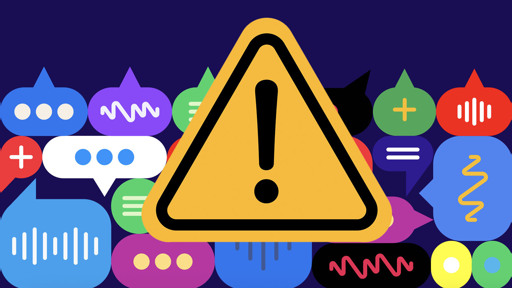On Thursday, Brazil’s Supreme Court ruled that digital platforms are responsible for users’ content — a major shift in a country where millions rely on apps like WhatsApp, Instagram, and YouTube every day.
The ruling, which goes into effect within weeks, mandates tech giants including Google, X, and Meta to monitor and remove content involving hate speech, racism, and incitement to violence. If the companies can show they took steps to remove such content expeditiously, they will not be held liable, the justices said.
Brazil has long clashed with Big Tech platforms. In 2017, then-congresswoman Maria do Rosário sued Google over YouTube videos that wrongly accused her of defending crimes. Google didn’t remove the clips right away, kicking off a legal debate over whether companies should only be punished if they ignore a judge.
In 2023, following violent protests largely organized online by supporters of former President Jair Bolsonaro, authorities began pushing harder to stop what they saw as dangerous behavior spreading through social networks.



For context:
There’s an older law called Marco Civil da Internet (roughly “internet civil framework”), from 2014. The Article 19 of that law boils down to “if a third party posts content that violates the law in an internet service, the service provider isn’t legally responsible, unless there’s a specific judicial order telling it to remove it.”
So. The new law gets rid of that article, claiming it’s unconstitutional. In effect, this means service providers (mostly social media) need to proactively remove illegal content, even without judicial order.
I kind of like the direction this is going, but it raises three concerns:
On a lighter side, regardless of #2, I predict a lower impact in the Fediverse than in centralised social media.
When something similar happened in the UK, it was pretty much exclusively smaller/niche forums, run by volunteers and donations, that went offline.
[Warning, IANAL] I am really not sure if the experience is transposable for two reasons:
So there’s still a huge room for smaller forums to survive, or even thrive. It all depends on how the STF enforces it. For example it might take into account that a team of volunteers has less liability because their ability to remove random junk from the internet is lower than some megacorpo from the middle of nowhere.
Additionally, it might be possible the legislative screeches at the judiciary, and releases some additional law that does practically the same as that article 19, except it doesn’t leave room for the judiciary to claim it’s unconstitutional. Because, like, as I said the judiciary is a bit too powerful, but the other powers still can fight back, specially the legislative.
Thanks for the context and analysis. Hope it works out for smaller forums.
I hope so, too. Their current situation isn’t currently the best (a lot of them went away in the late 10s, simply because people were using them less); I’m kind of hoping to see a revival, but that’s at the mercy of the STF, so I can’t completely rule out that the situation will evolve exactly like in the UK. It’s “let’s wait and see”, you know?
I’m also wondering the impact of that on chatrooms, that used to be extremely popular here.
Wasn’t that because of age verification though?
No. It was also down to holding them potentially viable for what their users post.
A forum about hamsters shut down.